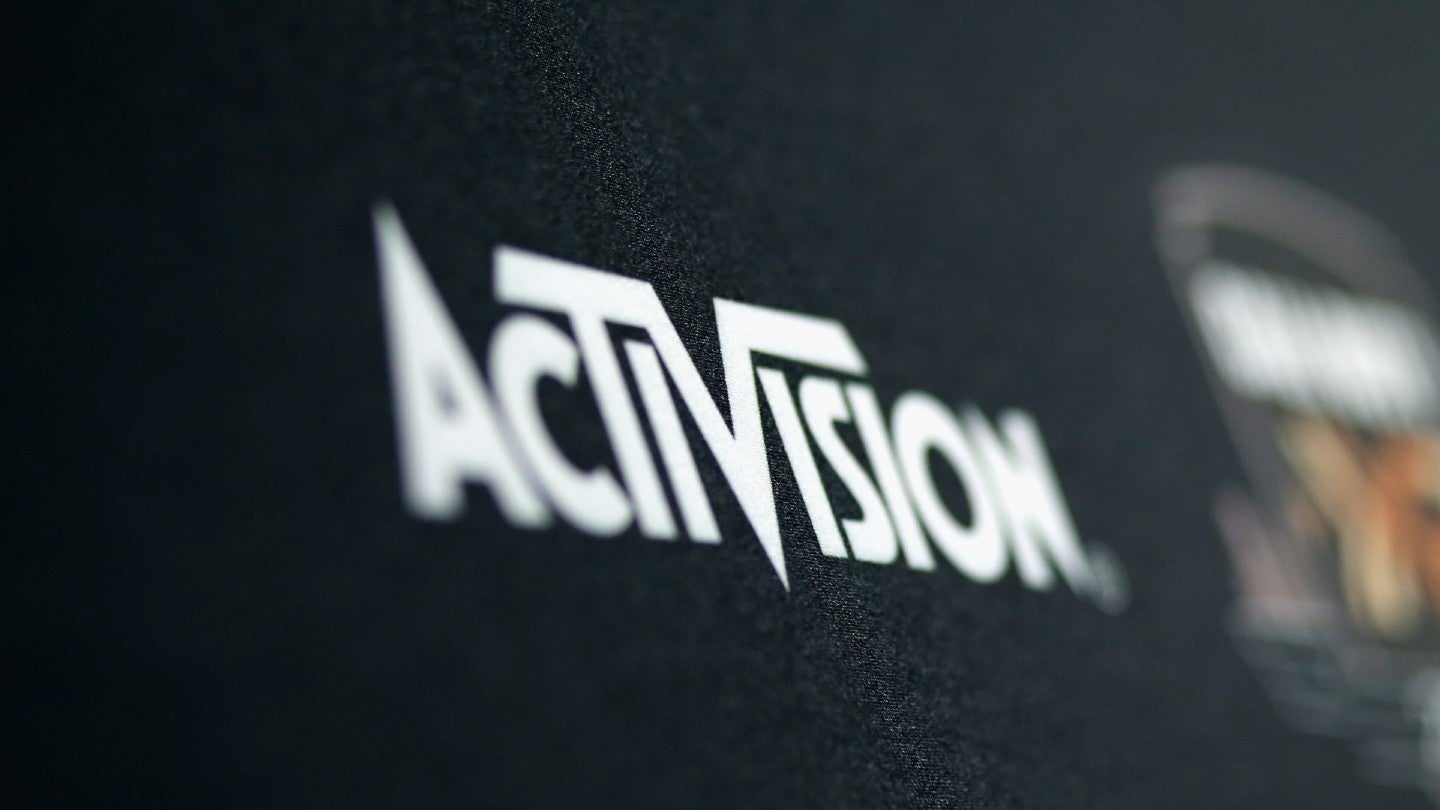
The UK’s competition watchdog has cleared tech giant Microsoft’s $69 billion proposed takeover of video game publisher Activision Blizzard.
In a note to staff, Activision Blizzard’s chief executive Bobby Kotick said the company could now finalize the transaction, adding: “We now have all regulatory approvals necessary to close and we look forward to bringing joy and connection to even more players around the world.”
The decision comes two months after Microsoft submitted new proposals and alterations to the structure of its acquisition to win approval from the Competition and Markets Authority (CMA), which moved to block the original agreement in April. This body had until October 18 to decide on the new deal.
Amongst the alterations, Microsoft said it would not acquire cloud rights outside Europe to current Activision desktop and console game titles, or rights to games developed by Activision over the next 15 years.
Last month the regulator hinted the deal would be cleared after French game maker Ubisoft agreed to acquire Activision’s cloud gaming rights instead of Microsoft.
Sarah Cardell, the CMA’s chief executive, said the regulator's scrutiny of the deal has ensured Microsoft cannot have a monopoly over cloud gaming, which allows users to stream video games stored on remote servers through their devices.
She said: "With the sale of Activision’s cloud streaming rights to Ubisoft, we’ve made sure Microsoft can’t have a stranglehold over this important and rapidly developing market. As cloud gaming grows, this intervention will ensure people get more competitive prices, better services, and more choices."
However, her statement also criticised of Microsoft’s tactics during CMA’s investigation, including accusing the regulator of being anti-business after its initial intervention.
She added: “Businesses and their advisers should be in doubt that the tactics employed by Microsoft are no way to engage with the CMA.
“Microsoft had the chance to restructure during our initial investigation but instead continued to insist on a package of measures that we told them simply wouldn’t work. Dragging out proceeding in this way only wastes time and money.”
The CMA had blocked the proposed takeover four months ago, highlighting concerns over how it could allow Microsoft to monopolize and unfairly dominate the cloud gaming market.
The CMA’s concerns had centered around Microsoft making Activision’s games such as Call of Duty exclusive to its subscription cloud gaming platform, Xbox Game Pass, in the long run, cutting off distribution to other key industry players, including rival Sony’s PlayStation.
However, the UK had become increasingly isolated in its stance, with the European Commission approving the original deal in mid-May, while in July a judge in California, US, found against the attempt to block the acquisition by the US Federal Trade Commission (FTC).
These incidents left the CMS as the only body holding up the deal, with Microsoft highly unhappy with the body's original intervention.
Microsoft announced its original intention to acquire Activision Blizzard in January 2022 in one of the biggest deals the video gaming industry has ever seen.
The agreement would be the most expensive acquisition ever for Microsoft, dwarfing its $26-billion takeover of LinkedIn in 2016, and would see Microsoft paying $95 for each Activision Blizzard share.
The takeover is now likely to create a gaming giant, adding Activision’s lineup of popular titles including Call of Duty, World of Warcraft, Hearthstone, Candy Crush Saga, and Overwatch to Microsoft’s growing stable of first-party developers and consoles.
The tech heavyweight has said the acquisition will create the world’s third-largest esports and video game company in terms of revenue, behind Tencent and Sony.



